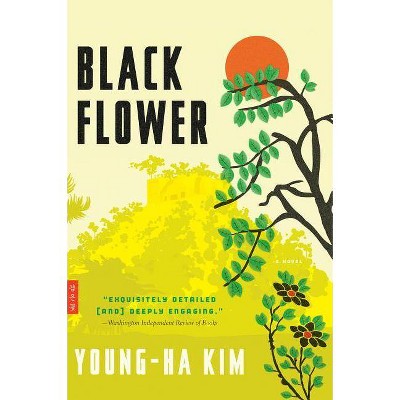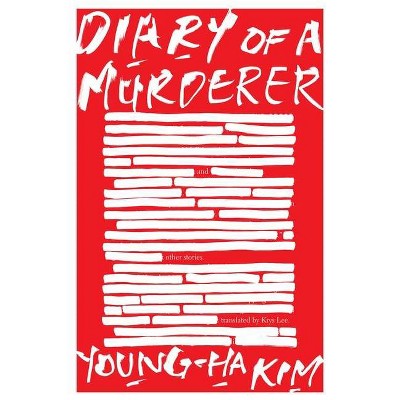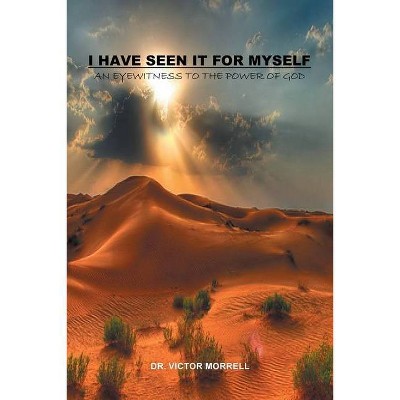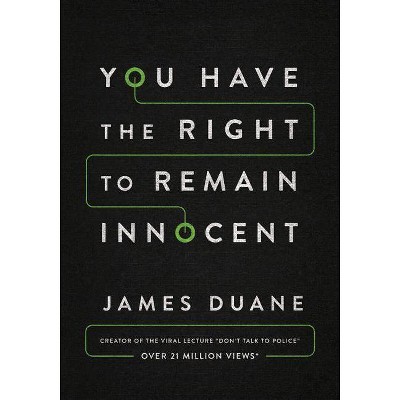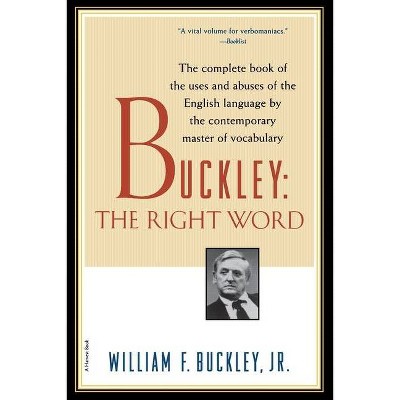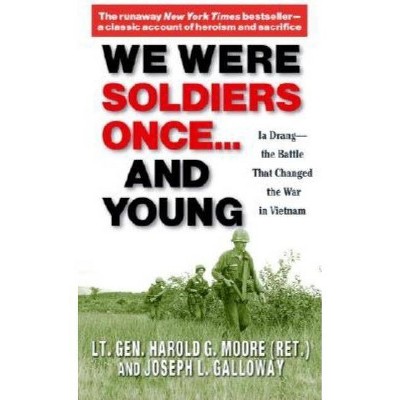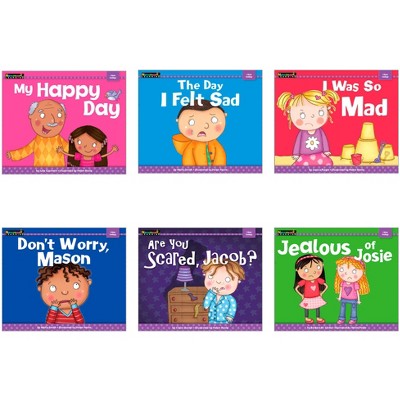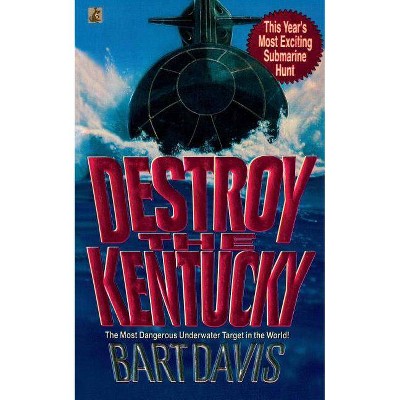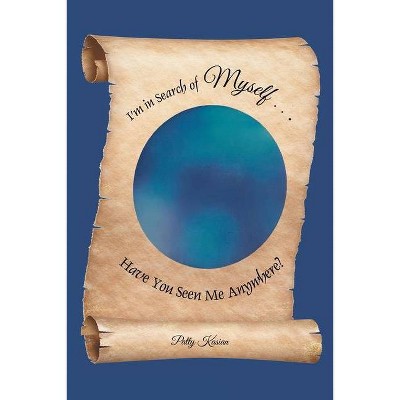I Have the Right to Destroy Myself - (Harvest Original) by Young-Ha Kim (Paperback)
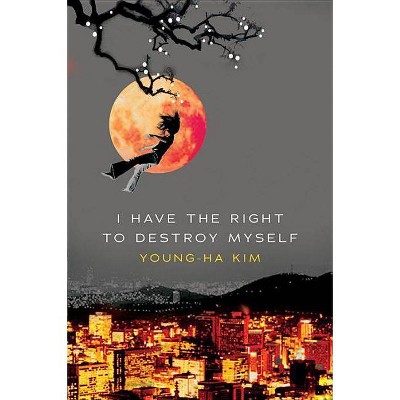
Similar Products
Products of same category from the store
AllProduct info
<p/><br></br><p><b> Book Synopsis </b></p></br></br><p>In the fast-paced, high-urban landscape of Seoul, C and K are brothers who have fallen in love with the same woman--Se-yeon--who tears at both of them as they all try desperately to find real connection in an atomized world. A spectral, nameless narrator haunts the edges of their lives as he tells of his work helping the lost and hurting find escape through suicide. Dreamlike and beautiful, the South Korea brought forth in this novel is cinematic in its urgency and its reflection of contemporary life everywhere--far beyond the boundaries of the Korean peninsula. Recalling the emotional tension of Milan Kundera and the existential anguish of Bret Easton Ellis, <i>I Have the Right to Destroy Myself </i>achieves its author's greatest wish--to show Korean literature as part of an international tradition. Young-ha Kim is a young master, the leading literary voice of his generation.</p><p/><br></br><p><b> From the Back Cover </b></p></br></br><i>At the library, I flip through magazines first. Of all the articles, the interviews interest me the most. If I m lucky, I find clients in them. Reporters, armed with middlebrow, cheap sensibilities, hide my potential clients characteristics between the lines. They never ask questions like, Have you ever felt the urge to kill someone? . . . But I don t encourage murder. I have no interest in one person killing another. I only want to draw out morbid desires, imprisoned deep in the unconscious. This lust, once freed, starts growing. Their imaginations run free, and they soon discover their potential . . . They are waiting for someone like me. <br></i>A spectral, nameless narrator haunts the lost and wounded of big-city Seoul, suggesting solace in suicide. Wandering through the bright lights of their high-urban existence, C and K are brothers who fall in love with the same woman Se-yeon. As their lives intersect, they tear at each other in a struggle to find connection in their fast-paced, atomized world.<br>Dreamlike and cinematic, <i>I Have the Right to Destroy Myself</i> is a brilliant demonstration of why Young-ha Kim is Korea s leading young literary master. <p><b>Young-ha Kim</b> has published three novels and numerous short stories. He teaches drama at the Korean National University of Arts and has received the Dongin Literary Award, the Isan Literary Award, and the Hyeondae Literary Award. He lives in Seoul."<p/><br></br><p><b> Review Quotes </b></p></br></br><br><b>K</b><b>orean novelist Kim's tantalizing 1996 debut novel concerns a calculating, urbane young man who makes a business of helping his clients commit suicide</b>.[An] <b>eerie, elliptical narrative</b>. <b>Kim's work is a self-conscious literary exploration of truth, death, desire and identity, and though it traffics in racy themes, it never devolves into base voyeurism. -- PW</b> <br> -- "PW"<br><br>The interactions, thoughts and fantasies of four protagonists interweave in a dreamlike narrative that eschews chronology and sequence, examining the role of morbid desires, imprisoned deep in the unconscious in each's experience. [T]he author is a stylish, inventive writer who builds eerie momentum out of cryptic conversations and deliberately imprecise characterizations. The brothers are both vividly differentiated and shown to possess similarly self-destructive traits. And the woman a kind of Eternal Feminine temptress smiling and beguiling her way to oblivion"twirls around the text like a spinning jewel, appearing as an unresponsive drifter named Se-yeon, an avatar of the biblical heroine (and murderess) Judith as depicted by artist Gustav Klimt. The book's dark doings are efficiently framed by descriptive allusions to famous paintings that celebrate death, and by the narrator's assured orchestration of its siren call. Pretty sick, but absorbing. Noir with a piquant exotic twist. -- "Kirkus"<br><br>As bleak, chilling, and economically written as Stephen Crane's 1890s classics Maggie and George's Mother, though with characters miles up the economic scale from Crane's, Kim's deadpan, elliptical story is even more like the enigmatic love (?) stories of Taiwanese filmmaker Tsai Ming-liang, whose work must be watched as raptly as Kim's must be read. Mesmerizing. -- "Booklist"<br><br>Kim's novel is art built upon art. His style is reminiscent of Kafka's and also relies on images of paintings (Jacques-Louis David's The Death of Marat, Gustav Klimt's Judith) and film (Jim Jarmusch's Stranger Than Paradise). The philosophy -- life is worthless and small -- reminds us of Camus and Sartre, risky territory for a young writer. Such heady influences can topple a novel. But Kim has the advantage of the urban South Korean landscape. Fast cars, sex with lollipops and weather fronts from Siberia lend a unique flavor to good old-fashioned nihilism. Think of it as Korean noir.-- "Los Angeles Times"<br><br>Mr. Kim's writing is tense, elemental, tangy. Like Georges Simenon, his keen engagement with human perversity yields an abundance of thrills as well as chills (and for good measure, a couple of memorable laughs). This is a real find. --author of Fixer Chao "Han Ong"<br><br>Stylish .... Here are all the familiar tropes of the late coming-of-age novel: desire, self-destruction, boredom, and the inability of sex to extinguish all of the above. And yet this book is anything but predictable.... I Have the Right to Destroy Myself is also a work of resistance, but rather an existential one. Scenes wind down in an atmosphere of menacing ennui to a soundtrack of Leonard Cohen tunes.... Amazingly, this short novel never becomes a decadent love letter to suicide, or an excuse to drop a cluster of hipster signifiers. In fact, it reminds of a line written by French poet Baudelaire, himself a huge fan of The Death of Marat, and a clear influence on this book. Boredom, he wrote, is pain spread out over time. Numbed into a state where they can't express their pain with words, C. and K. do nothing. Gently, this novel makes sure we feel their loss for them. -- Newark Star Ledger-- "Newark Star Ledger"<br><br><p>PRAISE FROM KOREA FOR I HAVE THE RIGHT TO DESTROY MYSELF <p/>"[Kim's] novels are fragments of his amazing imagination. With uncommon creativity, grotesque images, and stories that build on and into each other like a computer game, he perplexes his readers as much as he delights them."--LEADERS KOREA literary magazine<br></p><br>
Price History
Cheapest price in the interval: 7.59 on October 28, 2021
Most expensive price in the interval: 7.59 on November 6, 2021
Price Archive shows prices from various stores, lets you see history and find the cheapest. There is no actual sale on the website. For all support, inquiry and suggestion messagescommunication@pricearchive.us
